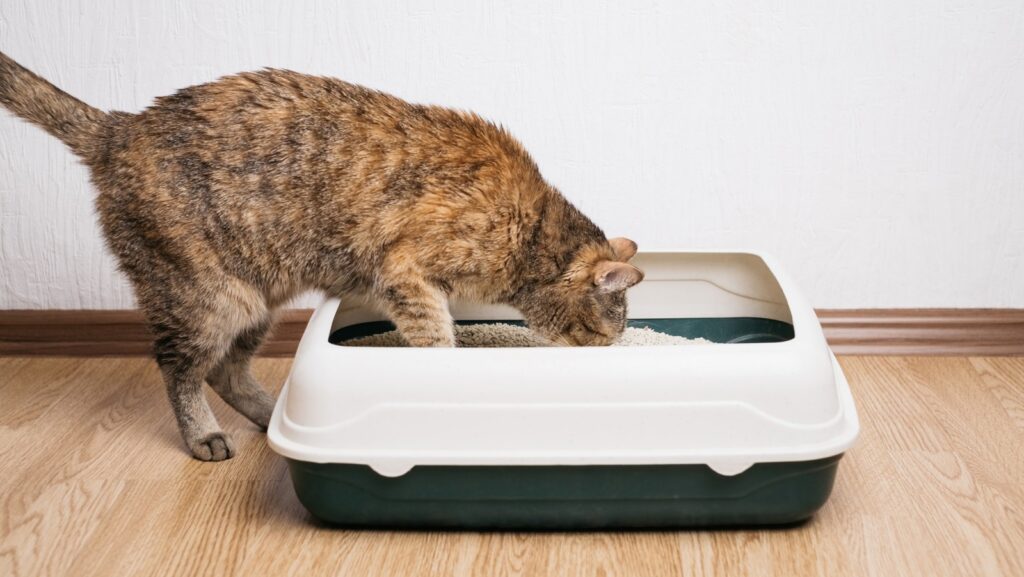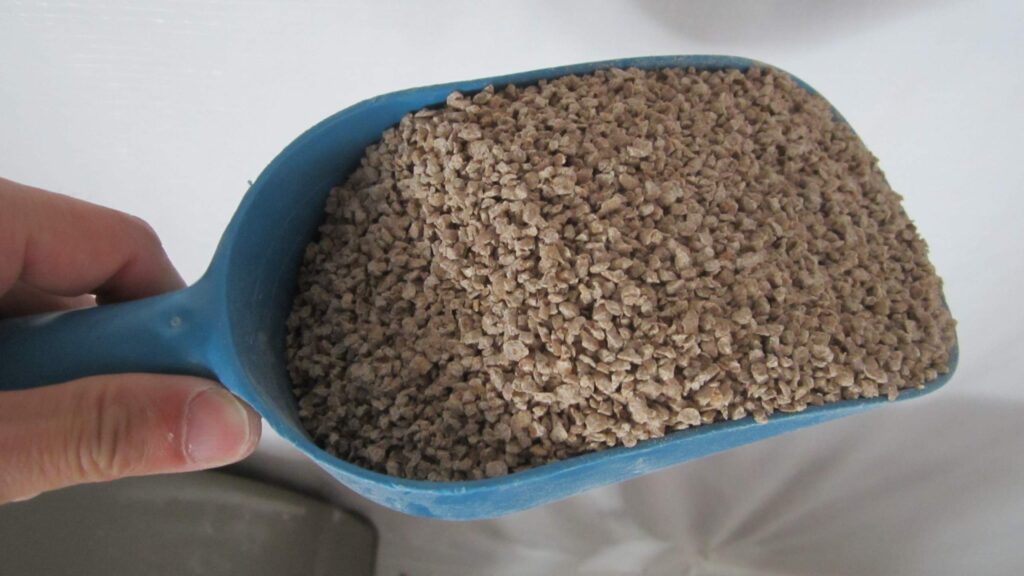Exploring the effectiveness of cat litter as a rodent repellent is crucial for homeowners seeking reliable ways to protect their space. This examination will reveal whether cat litter can act as a deterrent to mice, or if this belief is simply a myth. Expect insights into the various factors that influence the repelling power of cat litter and alternative measures that can be employed to keep these unwelcome visitors at bay.
The Truth About Cat Litter and Rodent Repellence
The idea that cat litter can repel mice is rooted in the belief that the scent of a predator can ward off these pests. While it may seem logical, the truth is more complex. The effectiveness of cat litter as a rodent repellent is not clear-cut and depends on various factors. Used cat litter might have a temporary effect due to the presence of cat urine and feces, which can carry the scent of a potential predator. However, this effect is not guaranteed, and relying solely on cat litter may not provide the desired level of rodent control.

Factors Affecting the Efficacy of Cat Litter Against Mice
The type of cat litter used may affect its deterrent capabilities. Non-scented, clumping litters might not carry the strong predator scent required to repel mice, whereas used litter with a clear feline presence could be more intimidating. The freshness of the litter also plays a role; older, less potent litter may lose its efficacy over time.
Additionally, the presence of an actual cat in the vicinity can amplify the deterrent effect. If mice detect signs of a cat through scent markers in the litter, they may be more likely to avoid the area. However, the absence of a cat might reduce the perceived threat, making the litter less effective as a standalone deterrent.
Environmental factors such as the location where the litter is placed can also impact its success in keeping mice at bay. Sheltered areas that provide hiding spots for mice or locations with abundant food sources may diminish the litter’s repelling effect. Strategic placement in entry points and areas less trafficked by rodents can improve results.
Lastly, the behavior and desperation of the mice themselves can influence the outcome. In situations where food is scarce and nesting sites are limited, mice might be more willing to risk exposure to predator scents. The individual characteristics of the rodent population should be considered when assessing the effectiveness of cat litter as a deterrent.
Alternative Methods for Keeping Mice at Bay
Considering the limitations of cat litter, it’s wise to look into alternative methods that can more reliably keep mice at bay.
Professional and Natural Rodent Repellents
For those seeking a more dependable solution, professional and natural rodent repellents offer targeted approaches. These products are formulated to deter mice with scents or tastes that are unpleasant to them, without relying on the presence of predator cues.
Securing the Home Against Unwanted Rodents
Preventing mice from entering the home requires a thorough inspection and sealing of any cracks or holes. This method of exclusion is a fundamental step in rodent control, ensuring that entry points are blocked and reducing the likelihood of an infestation.
The Importance of Cleanliness and Sanitation
Maintaining cleanliness and sanitation is critical for deterring mice. Regular cleaning reduces the availability of food crumbs and waste that attract rodents, making the environment less appealing to them and supporting other control methods.
Cat Litter Alternatives for Those Without Feline Friends
For individuals without cats, there are still plenty of options to deter mice effectively.
Safe and Effective Commercial Repellents
Commercial repellents offer a convenient solution for those seeking mouse deterrence without owning a cat. These products often contain natural substances like peppermint oil or predator urine, which are designed to repel rodents without harming them. They come in various forms, including sprays, granules, and ultrasonic devices, catering to different preferences and situations.
When selecting a repellent, it’s essential to choose one that is safe for use around children and pets, and environmentally friendly. Always follow the manufacturer’s instructions for optimal results and consider combining repellents with other preventive measures for comprehensive rodent control.
DIY Solutions and Home Remedies
Homemade remedies for deterring mice can be both cost-effective and safe. Common household items like vinegar, peppermint oil, cayenne pepper, and cloves are frequently used due to their strong scents that mice find unpleasant. These can be applied in cotton balls or mixed with water for a spray solution, then distributed around potential entry points and areas of mouse activity.
Another approach is to use deterrents that create inhospitable environments for mice. Steel wool can be inserted into gaps to prevent entry, while proper sanitation and food storage practices remove the attraction for mice seeking sustenance. Combining these methods with regular property maintenance can help keep mice at bay.

The Pros and Cons of Using Cat Litter for Mice Control
While cat litter may offer some benefits as a deterrent, it’s essential to weigh these against its limitations.
Advantages of Cat Litter as a Deterrent
Used cat litter may be an effective, natural way to keep mice away, capitalizing on the predator scent of cat urine to trigger the rodents’ instinct to evade predators. This method is also cost-effective for cat owners, as it repurposes a waste product that would otherwise be discarded. Furthermore, it can act swiftly, potentially deterring mice as soon as they detect the scent. Moreover, using cat litter aligns with humane approaches to pest control, aiming to repel rather than harm or kill the mice. It’s a passive deterrent that requires minimal maintenance, especially for those who already have cats and regularly clean litter boxes.
Potential Drawbacks and Limitations
Despite its potential benefits, cat litter is not a foolproof solution for mouse control. The effectiveness largely depends on the individual mouse population and environmental conditions. Moreover, the use of cat litter could be less appealing to those without cats due to the need to acquire used litter. Additionally, improperly handled cat litter poses health risks, as it can contain harmful bacteria and parasites.
Final Thoughts on the Effectiveness of Cat Litter Against Mice
The use of cat litter as a mouse deterrent has been met with mixed reviews. While some believe that the scent of cat litter, particularly if used by a cat, can scare away mice, this is not a foolproof method. The presence of a cat’s scent may provide a temporary signal of predation risk to mice, possibly resulting in a short-term avoidance of the area. However, mice are highly adaptable creatures and may soon realize that there is no immediate threat, rendering the litter ineffective as a long-term solution. For those seeking reliable methods for rodent control, it is important to consider integrated pest management techniques that focus on prevention and the use of multiple strategies. This may include maintaining cleanliness, sealing entry points, and possibly adopting a cat for its natural hunting instincts. As for cat litter, while it may act as a mild deterrent initially, it should not be solely relied upon for mouse control. More consistent and effective methods can be explored on Pallentor for those in need of a comprehensive solution.


